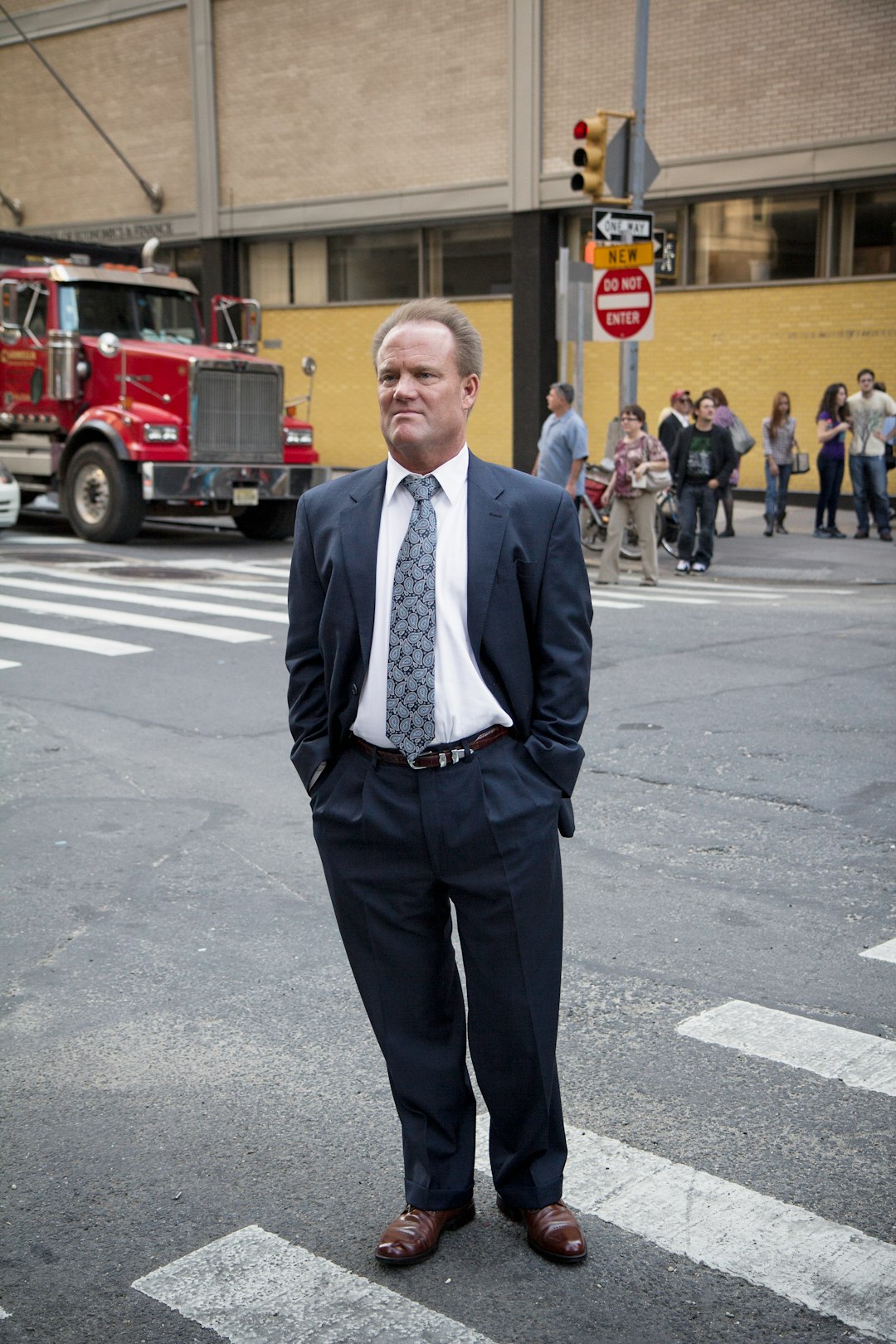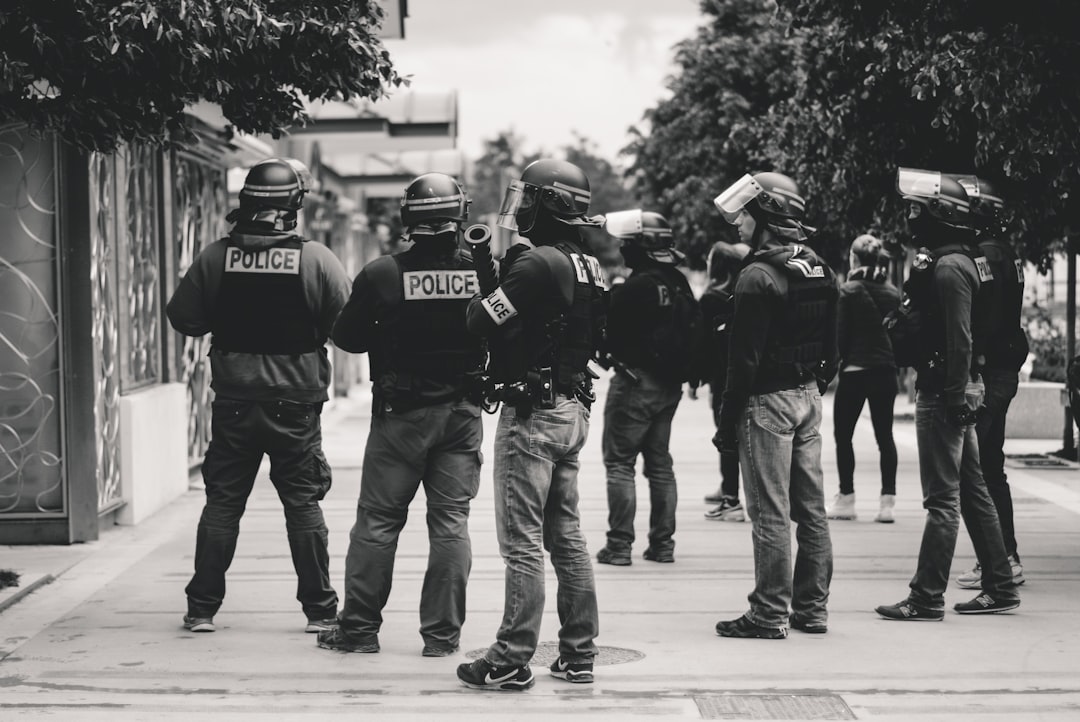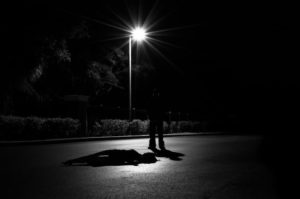Being a police officer is one of the most important professions in society. They are entrusted with enforcing the law and upholding public safety. Their responsibilities range from catching criminals to issuing traffic tickets to directing traffic at crime scenes, so how do you become a police officer?
Most people think that all they need is some good moral character and honesty but if that were true there wouldn’t be any such thing as an application process for becoming a police officer.
Becoming a police officer in California could be an opportunity to make the world a better place. Soon, you’ll have the chance to find out how with further reading on this article about becoming one.
First of all, there are several steps for becoming a police officer: formal education, medical evaluations, and psychological assessments.
Table of Contents
ToggleWhy Become a Police Officer in CA?
The reason is simple: you want to serve your community in the most ethical way possible, try to help those in trouble and inspire others through how you conduct yourself. And because of how important this job is when it comes to public safety, there will be strict guidelines as well as hurdles that need to be overcome.
For many, becoming a police officer is a life-changing career and one of the best ways to make an impact on your community. Check out some reasons why seeking this kind of work would be satisfying:
– It’s a chance to serve your community
– Develop life-long relationships with those you see on the job
– Enforce rules and regulations while helping others who need assistance
– Become a role model in your community
What is the Day of a Police Officer Look Like?
One of the benefits to being a police officer is that no two days will be alike. They are required to patrol their area, respond to calls from citizens and enforce the law when necessary.
As the Houston Chronicle explains, police officers have a wide variety of responsibilities every day. This includes directing traffic, patrolling a neighborhood and responding to calls for help from people in the community. On occasion officers may make an arrest or testify in court as well.
Make a Difference in your community
Becoming a police officer offers the opportunity to make an impact on your community, both at large and personally. Being a police officer can improve quality of life by responding promptly to emergency situations; keeping children safe when crossing the street or providing reassurance for citizens after home break-ins.
In addition, being in this profession puts you in a unique position to have everyday opportunities which could lead to profound differences depending on how they are handled: whether it be throwing away garbage for someone with one arm; saving them from drowning or helping them find their lost dog.
The Chance to be active
While working as a police officer does require adminstration, such as filing paperwork promptly, the job provides many opportunities to be up and about. Examples include patrolling a neighborhood or pursuing a suspected criminal.
Salary and pay range is good
Working as a police officer in CA offers a pay structure that cannot be matched by any law enforcement agency in the country. Many officers in CA earn well over $100k+ per year, while many forces offer officers early retirement options after 20 years on the force.
Off-duty time can be used for special pay and lengthy paid vacations with insurance benefits, which most police forces provide.
The Lifetime Bond and Camaraderie
As with any job, there are challenges to being a police officer. Yet many policemen find that the unique sense of camaraderie they enjoy with their colleagues is also an important benefit and motivator for continuing in this profession.
Steps to Become a Police Officer in California
You must first check the requirements for your state to understand what steps are necessary to adhere to in order to become an officer.
Education Requirements
A good path to becoming a law enforcement officer is typically through receiving education in criminal justice or criminology at the college level. Some jurisdictions require this degree before being accepted into police academy; others just encourage it. Either way, with low turnover rates and high competition for available positions, most departments are highly selective about who they hire.
Entrance Exams
Passing entrance exams to enter the police force will vary from one state to another. Applicants take written tests that prioritize their cognitive abilities, observational power and mental acuity. These tests often compare themselves with college entrance exams such as the ACT and SAT; they delve into basic reading comprehension and math skills.
Police Academy
The entrance exam gives an applicant a chance to be accepted into the police academy, government-sponsored training to prepare them for work in their local force. Each police academy is different, with some placing an emphasis on learning topics like:
- State/ local laws and ordinances
- First aid training
- Investigative strategies and methods
- It is essential that you have computer skills.
- Report writing
The police academy generally incorporates physical and mental exercises to help people prepare for their career as a law enforcement officer. The duration will vary from state to state.
Physical Fitness Test
Police officers might have to demonstrate their fitness in the field by participating in an obstacle course, for example: running, climbing stairs and negotiating obstacles. Field testing can also entail interviews with the public.
Test and Training after Graduation
One popular post-training exercise is the traffic stop, during which new officers learn how to approach suspicious persons and how to physically control them. There might be tests on how well they handle stressful situations or how well they know how to interpret laws in their jurisdiction.
Here Are More Tips to Become a Police Officer
For those looking to take an inside look at police careers, some popular resources include:
- United States Capitol Police, Police Officer Academy Training. Here are some examples of police academy training.
- New York City Police Department, Exam Tutorial. Take a look at the entrance exam to get an idea of what applicants’ expectations are.
- PoliceApp, How to Prepare for the Police Written Exam. Find out important things to consider when preparing for the written police exam.
What are the requirements of becoming a police officer in CA?
To become a police officer, you will need to complete the necessary formal training, education, mental aptitude and physical fitness requirements. However, these areas may vary depending on location or organization. Aspiring officers should prepare for showing themselves in the following ways:
Hearing and Eyesight Requirements
There are many different vision and hearing requirements if you want to become a police officer.
Qualifications include the ability to distinguish between colors, broad periphery vision and 20/20, or better, sight without glasses. Many departments also require that officers be able to hear high-pitched sounds, such as a child screaming for help.
It is important to note that some departments will have more stringent hearing abilities than others. If you are not sure how well your hearing will be under stress, consider getting tested at an audiologist.
Physical Fitness Requirements
Many departments have physical fitness requirements that new recruits must fulfill.
For example, the New York Police Department (NYPD) requires that candidates pass a test involving running 1.5 miles in 16 minutes, 30 seconds. Other fitness requirements may include pushups and sit-ups.
It is important to note that officers must stay fit throughout their careers. Physical fitness tests are done several times a year to make sure that officers stay healthy and strong enough for the work they do every day.
Eligibility Requirements
Because of the nature of their work, police officers must have strong moral character. Potential candidates should not have a criminal record. In fact, most departments want applicants to be at least 21 years old and a U.S. citizen or a permanent resident.
Medical Testing
Pre-employment clinical examinations are often administered by a doctor in order to determine whether a prospective police officer has any medical conditions that could impede his or her ability to perform the job.
Psychological Evaluations
Working as a police officer can be highly stressful and often requires interacting with the public. Basic psych evaluations make sure that applicants
can handle these stresses without posing a threat to themselves or others, while also absolving liability on behalf of the law enforcement agency. Psych tests may include brief personal interviews and standardized tests meant to measure specific personality traits or behaviors
How Do I Stand Out for a Law Enforcement Job?
You can find out how to become a police officer by taking the following steps:
Join a Police Organization or Club
One of the first ways to learn how to become an agent is by joining a law enforcement association. These organizations provide training that will help you understand how to become an agent and how agencies operate. By participating in community service with these groups, you can also meet people who might be able to help you take the next steps.
Take a Law Enforcement Class
Law enforcement classes cover how to become an agent. In addition, these courses describe how police departments work as well as how they operate in their community. Most of these classes are offered online or through local colleges and universities. These types of courses can also be beneficial because they allow you to ask questions about how to become an agent in a safe environment.
Online Education Opportunities
Many aspiring police officers are turning to online learning for part or all of their education and training. In addition to earning credits at your own pace, many schools offer flexible options for how and when you complete assignments.
Resources and Tools for Aspiring Police Officers
In order to learn how to become a police officer, it is important for individuals to research the process so that they can sufficiently prepare themselves.
Preparing for the Physical Abilities Test
To get ready for the physical abilities test, applicants might want to consult these resources:
- How to Train for the Police Physical Test – Study these exercises to prepare for the physical portion of a police officer test
- How to Prepare for Police Academy – Read this article about the basic lifestyle changes that can make you more fit for academy enrollment.
Connecting with the Community
To be a successful police officer, you need to learn how to talk and communicate with the public. These resources provide some great insights:
- Child and Youth Safety. You can learn more about the important work police officer conduct every day.
- Community-Police Relations. Take a look at what challenges police officers in their work with your community.
- Critical Occasions for Agencies to Connect with the Community See some instances when a police force may be able to connect with members of their community.
Cultural Competence
Police Officers also need to demonstrate cultural competency as outlined in these resources:
- Cultural Diversity and Cultural Competency for Law Enforcement Read more about how cultural competency can shape police strategy.
- Multiculturalism & Social Diversity in the Criminal Justice System Get an understanding of why diversity and social awareness are important to police officers.
- How to Make a Police Force More Diverse What is the diversity of police departments across the country? What are our local police forces doing to increase diversity? This article will explore what’s been done so far and what more can be continued or improved on in order to attract more people of diverse backgrounds. It also highlights success stories from many communities, as well as shared challenges
How Can I Prepare for Police Job
It all starts with proper preparation for the police academy and, ultimately, life on the force. Nearly 815,000 police officers and detectives are employed across the U.S., each one with the opportunity to play a significant role in shaping their community, helping vulnerable people, and facilitating strong relationships between the police and surrounding population.






